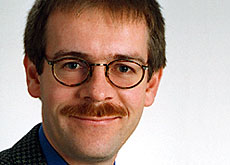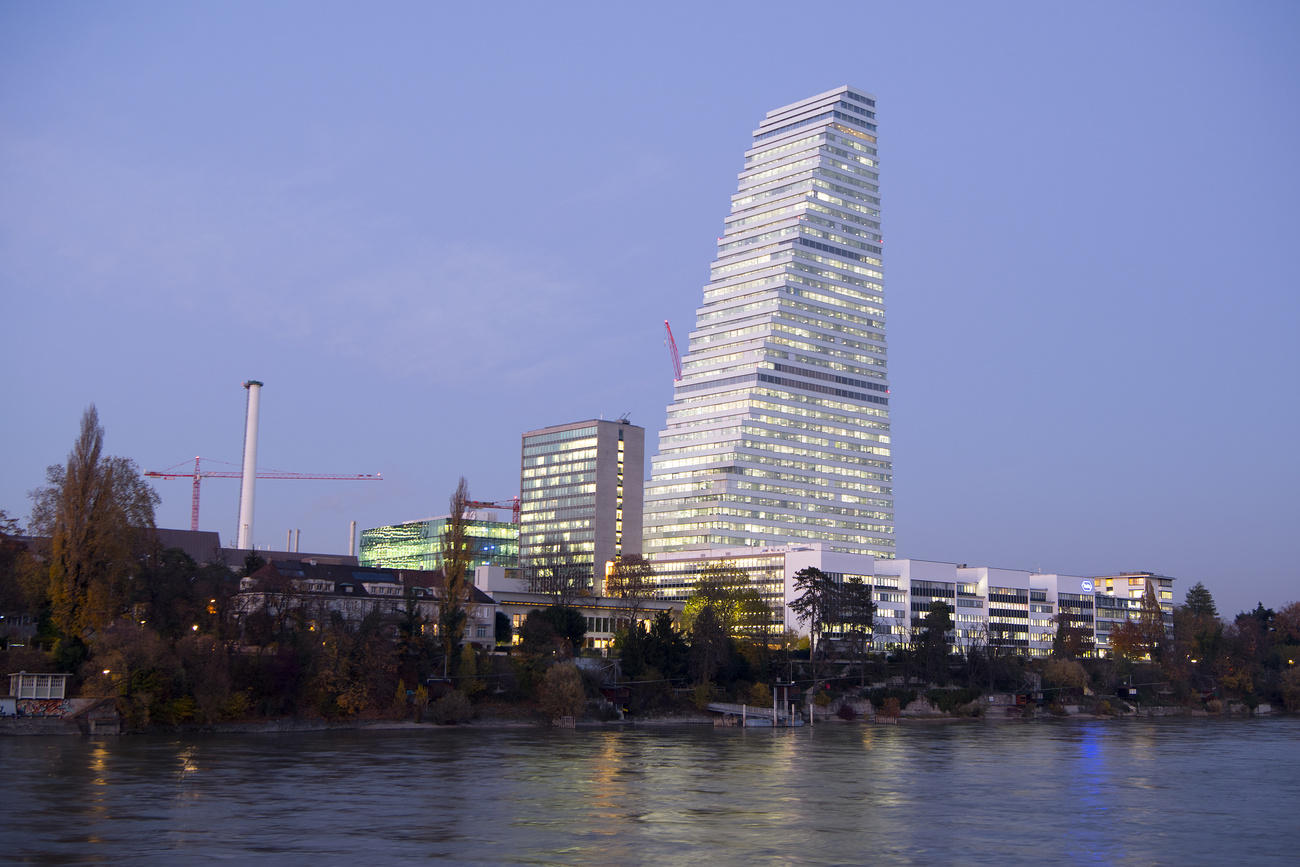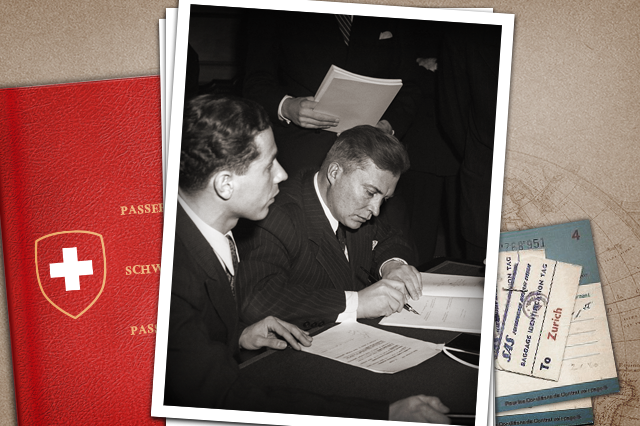
Army looks abroad for reinforcements

It is in Switzerland’s interest to coordinate its defence activities with other nations to counter new threats, argues Swiss security expert Andreas Wenger.
Wenger told swissinfo that politicians were not devoting enough attention to security issues.
The head of the Swiss army, Christophe Keckeis, has stressed in the past few weeks that “the era of an autonomous national security [policy]” has passed.
The Swiss army had to move closer to the European Union and Nato, he said, and become “more inter-operative”.
Wenger, who heads the Centre for Security Studies at Zurich’s Federal Institute of Technology, criticised politicians for failing to respond to Keckeis’s comments.
He told swissinfo that there was an urgent need for a debate on Swiss security policy.
Switzerland’s isolation was illustrated last week when it did not participate in an EU counter-terrorism conference held in the wake of the Madrid bombings.
Switzerland, which is not a member of the EU, was not invited to the talks.
swissinfo: Christophe Keckeis wants the Swiss army to be more open to international cooperation. Do you think that politicians and the Swiss realise what this policy change would mean?
Andreas Wenger: There have been a [number of reforms] within the army in the past four years which allow for closer international cooperation.
Recent events, such as the terror attacks in Madrid and developments in the Middle East, show that it’s right for Switzerland to be reassessing its defence policy. Today’s threats come not from neighbouring countries but from terrorists, from the spread of weapons of mass destruction and from organised crime.
Switzerland can no longer defend itself on its own.
swissinfo: But at the moment there is hardly any discussion on what role the Swiss army should play in the future.
A.W.: The security debate is of little interest in political circles and is being led mostly by security experts.
Politicians tend to react to immediate problems and to issues that affect upcoming votes. The development of our long-term security policy is scarcely being looked at.
swissinfo: The EU is developing a joint European security and defence policy. Can Switzerland play a role in this process?
A.W.: As a non-EU member, Switzerland can only play a limited role. But we have to watch developments within the EU carefully.
And for that we need a team of experts who can analyse developments and, above all, who can spot opportunities for Switzerland to jump on board. We need to build up this expertise now.
swissinfo: Where might Switzerland be able to get involved?
A.W.: One area of interest is attempts by Brussels to come up with an EU-wide security strategy… to cope with new threats.
We should also be looking at how far Switzerland can and is willing to coordinate with its EU neighbours over its civil and military contribution. For instance, would there still be a role for Switzerland to play in Bosnia if the military operation there were to be taken over by the EU?
Switzerland should be able to make a contribution to a global prevention and stabilisation strategy.
swissinfo: Brussels wants each EU member state to focus on one key area of military expertise, as no country today can afford to have a complete defence structure. Should Switzerland be involved in this process?
A.W.: There’s still a long way to go before that goal is reached. But the Swiss should be debating where the country’s military strengths lie.
We should be talking about our strong points and where we can and should be investing, despite our limited means. And [pinpointing] the areas where we need to lean more heavily on our neighbours and on other organisations.
swissinfo: That would entail signing agreements with other countries, which would suggest that the era of every nation having its own defence policy is over…
A.W.: It’s in our interest to be involved in an international cooperation strategy so that we can defend ourselves against new threats. We should also be looking at how the Swiss army could play a bigger role on the international stage.
swissinfo: Would this not violate Swiss neutrality?
A.W.: There’s no problem on the neutrality front. We already monitor airspace security jointly with France and we have joint military training exercises abroad.
Swiss neutrality does, however, mean we cannot sign Article 5 of the Nato pact, which requires countries to [pool their military resources] in an emergency.
swissinfo-interview: Katrin Holenstein
Switzerland is not a member of Nato, but joined the Partnership for Peace Programme in 1996.
Switzerland’s militia army is being reduced from 350,000 to 220,000 soldiers under government reforms, dubbed “Army XXI”.

In compliance with the JTI standards
More: SWI swissinfo.ch certified by the Journalism Trust Initiative








































You can find an overview of ongoing debates with our journalists here . Please join us!
If you want to start a conversation about a topic raised in this article or want to report factual errors, email us at english@swissinfo.ch.